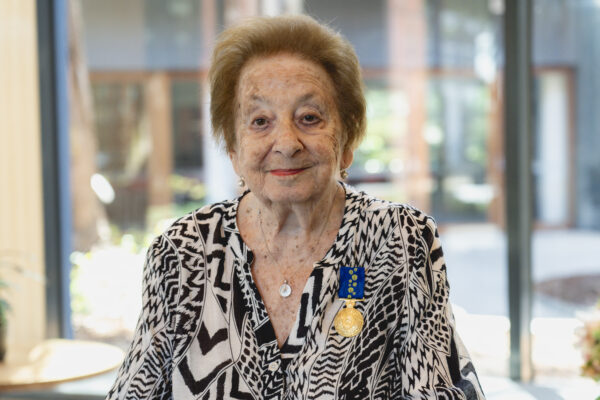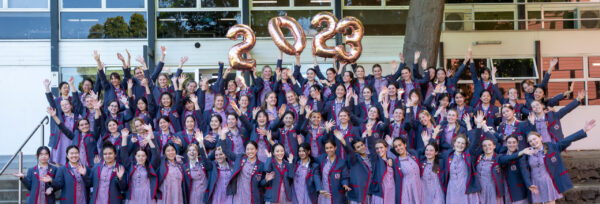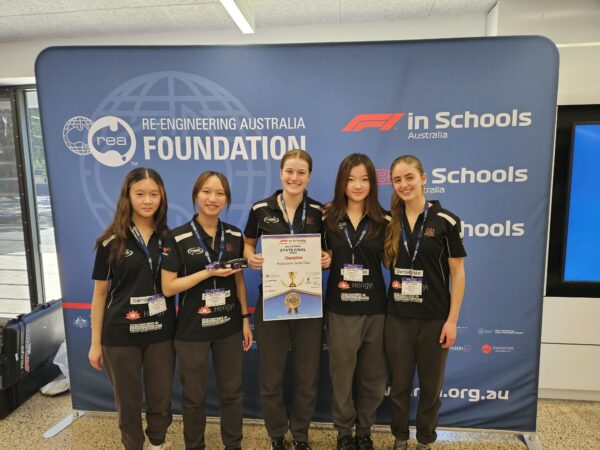Looking back on history, we have come a long way in the education of women, particularly in food studies (previously known as Home Economics). Food Studies is no longer focused on ‘how to be a good housewife’, rather designed to provide a holistic and global perspective on health, wellbeing and build on the capacities of students to make informed food choices.
Reflecting on the 1950s and 1960s the following is allegedly an extract from a 1950s-60s Home Economics Textbook.
“Have dinner ready. Plan ahead, even the night before, to have a delicious meal, on time. This is a way of letting him know that you have being thinking about him and are concerned about his needs. Most men are hungry when they come home and the prospect of a good meal is part of the warm welcome needed.”
Here in the Korowa Kitchen, our Food Studies subjects develop students’ understanding of food whilst acquiring skills that enable them to take ownership of their food decisions. Subjects explore a range of contemporary issues with an emphasis on extending food knowledge and skills to build individual pathways to health and wellbeing and sustainability through the application of practical food skills.
In the Cripps years, team-based experiences underpin the approach to food based practical activities. With a focus on developing an understanding of effective planning techniques, food terminology and sequencing of food production. As they progress, students develop their nutritional understanding to create and present healthy meals along with an awareness of environmental issues within the food supply.
In Year 9, students may elect to study Food and You or the CreATE Design subject. In Food and You, students experiment with a wide range of ingredients and methods to develop skills and understanding that enables them to make appropriate food choices. They build on the environmental and nutritional aspects of food as well as explore food science.
CreATE is an interdisciplinary innovative learning expedition involving Visual Arts Design and Food Studies where students develop their entrepreneurial skills and pursue an authentic real-world challenge brief which revolves around sustainability, food production and design. Using a brief, students develop a food product and act as clients for students who design logos, packaging and marketing concepts. The intention is then for students to showcase their products in formats such as a farmers market at school. This year, projects were driven by the question ‘how can we use indigenous ingredients in everyday food products and packaging’. Developing real-world connections, CreATE students welcomed professional chef Nornie Bero, and were inspired by her food journey and use of indigenous ingredients and products developed at her cafe Mabu Mabu in Yarraville.
Year 10’s Food by Design course explores food systems in contemporary Australia through a sociocultural perspective. Students further investigate environmental and ethical issues as they develop their food skills in the Korowa Kitchen.
VCE Food Studies is designed to extend students’ knowledge and skills to health and wellbeing through the application of practical food skills. Students explore food from a wide range of perspectives. They study past and present patterns of eating, Australian and global food production systems and the many physical and social functions and roles of food. They research economic, environmental and ethical dimensions of food and critically evaluate information, marketing messages and new trends. The VCE curriculum provides a framework for informed and confident food selection and food preparation within a complex contemporary architecture of influences and choices.
Food Studies complements and supports further training and employment in the fields of nutrition, dietetics, food manufacturing, hospitality, food science and more.
It certainly is a different world today.




